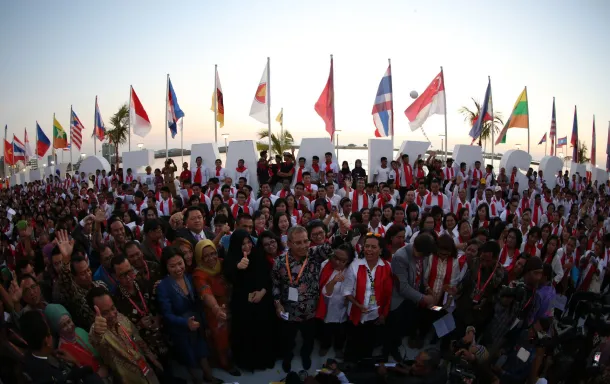Decentralized Cooperations
Municipal International Cooperation

Channel Hub:
THROUGH rapid decentralization and democratization, local governments in the developing countries are inducing many developments for improving their performance. Municipal International Cooperation will accelerate the process, despite of having limited access to the resources, managing the interface between the state and citizens, and providing services. UCLG World launched the GOLD programme in 2006 as part of its objective to become a main source of information on the state of decentralization, self‐government, and local governance across the world.
Municipal International Cooperation contributes strategically to such processes by peer-to-peer learning within local institutions, a development process that is efficient and provides continuity.The learning system is encouraged by local governments who will act in partnership with other actors, their citizen, the private sector, and academic institutions. As the result, reciprocity through city networks, and between cities, is growing. These are potential opportunities for a new learning and complementing conventional method through training or workshop.










